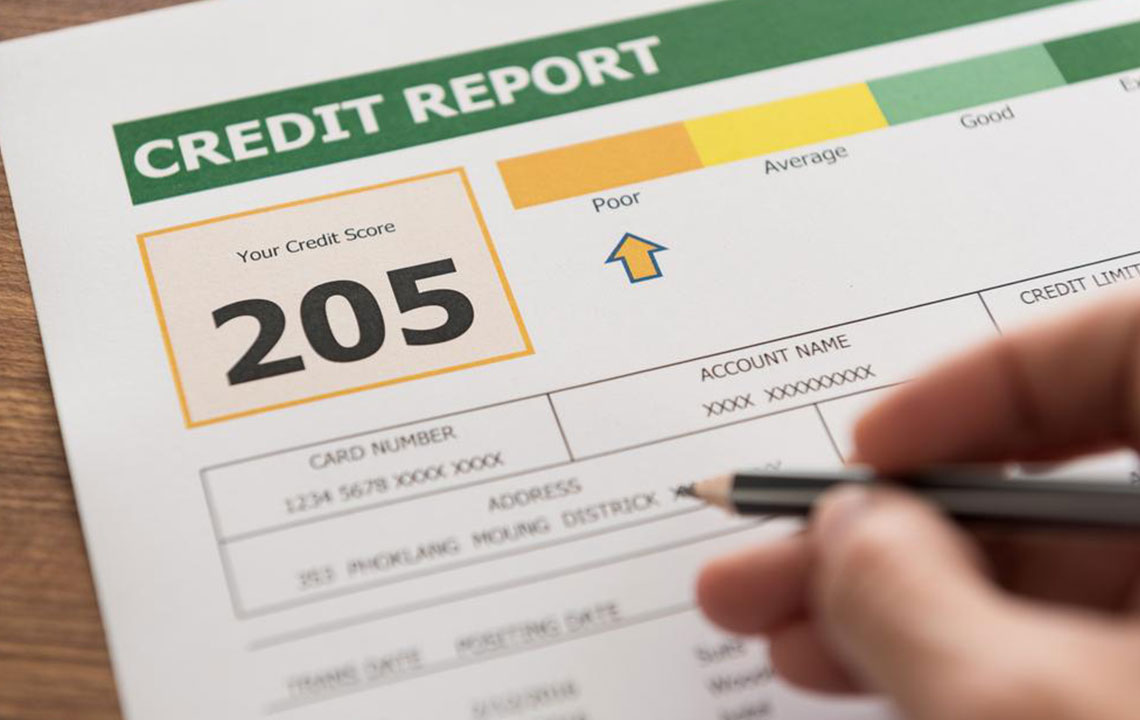Understanding Credit Checks: Key Insights
This article explains the differences between hard and soft credit checks, their impact on credit scores, and when each type is typically performed. It offers insights into how credit evaluations influence your financial profile and emphasizes consulting professionals for personalized advice.

Credit checks are detailed evaluations of your existing credit accounts to ensure timely repayments without defaults or delays. Financial institutions such as banks, credit card providers, and lenders perform these checks to gauge your creditworthiness.
There are two main types of credit assessments: hard and soft inquiries.
Hard credit checks are typically conducted by lenders when you apply for loans, credit cards, or mortgages, and can impact your credit score temporarily. These checks require your authorization and are common during major financial applications. In contrast, soft credit checks happen more casually, like during job background screening or when opening a bank account, and usually do not affect your credit status.
While hard inquiries might stay on your report for years, positive payment behavior can help improve your score over time. Meanwhile, soft inquiries generally do not influence your credit rating.
Note: The information provided here is based on research and expert advice. Since financial scenarios change, consult a professional before making any credit decisions. We are not responsible for inaccuracies or differing opinions across financial institutions.










